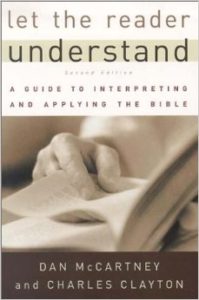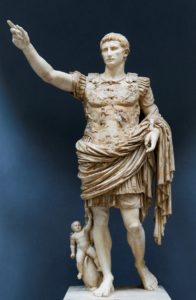Some reflections on a church that has recently embraced egalitarianism

Keeping the Porch Light on in a Dark World

“If truth exists outside of ourselves, we will not know it by pretending that we have no presuppositions, nor will we attain it by embracing all our presuppositions as unchangeable parts of ourselves; we will achieve it only if we submit ourselves, presuppositions and all, to the One who understands and interprets all things rightly.”
–Dan McCartney and Charles Clayton, Let the Reader Understand Wheaton: Victor Books, 1994, pp. 16-17.
Luke’s Gospel is a political challenge to the Roman Empire:
The angel declares to the shepherds that “a savior” is born (Lk 2:11) in the city of David, but the unspoken fact is that a “saviour” is already enthroned in Rome-Caesar Augustus, whose monuments declare him “saviour of the world.” Against this backdrop the anticipation of a savior within Israel seems fraught with danger, as the pious figures we meet in Luke’s Gospel invoke OT promises of deliverance. Zechariah speaks of a “mighty saviour” and of being “saved from our enemies” (Lk 1:69, 71 NRSV). Simeon, who has been looking for the “consolation of Israel,” thanks God that he has lived to see God’s “salvation” (Lk 2:30) in the face of the infant Jesus. And the aged Anna rejoices over the child in the presence of all who are “looking for the redemption of Jerusalem” (Lk 2:38 NRSV). John the Baptist also speaks of a great judgment and renewal within Israel associated with the coming of the Lord. Luke summarizes John’s activity with the biblical image of preparing a highway for the divine warrior so that “all flesh shall see the salvation of God” (Lk 3:6 NRSV; cf. Is 40:5 LXX).
unspoken fact is that a “saviour” is already enthroned in Rome-Caesar Augustus, whose monuments declare him “saviour of the world.” Against this backdrop the anticipation of a savior within Israel seems fraught with danger, as the pious figures we meet in Luke’s Gospel invoke OT promises of deliverance. Zechariah speaks of a “mighty saviour” and of being “saved from our enemies” (Lk 1:69, 71 NRSV). Simeon, who has been looking for the “consolation of Israel,” thanks God that he has lived to see God’s “salvation” (Lk 2:30) in the face of the infant Jesus. And the aged Anna rejoices over the child in the presence of all who are “looking for the redemption of Jerusalem” (Lk 2:38 NRSV). John the Baptist also speaks of a great judgment and renewal within Israel associated with the coming of the Lord. Luke summarizes John’s activity with the biblical image of preparing a highway for the divine warrior so that “all flesh shall see the salvation of God” (Lk 3:6 NRSV; cf. Is 40:5 LXX).
Leland Ryken et al., Dictionary of Biblical Imagery (Downers Grove, IL: InterVarsity Press, 2000), 441.